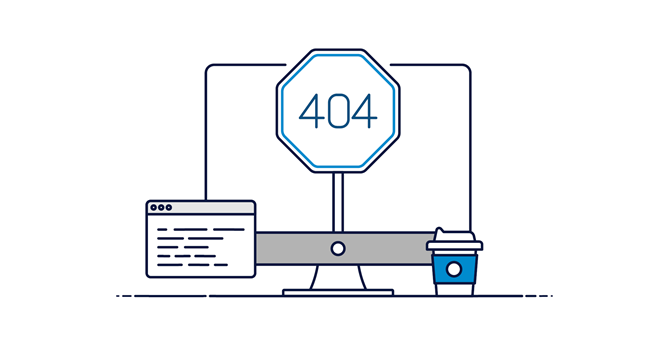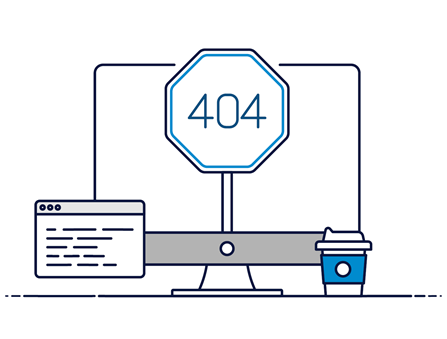

Sorry! Page not found
Something went wrong. The page you are looking for has not been found.
Try searching for the page using our search tool.


Something went wrong. The page you are looking for has not been found.
Try searching for the page using our search tool.